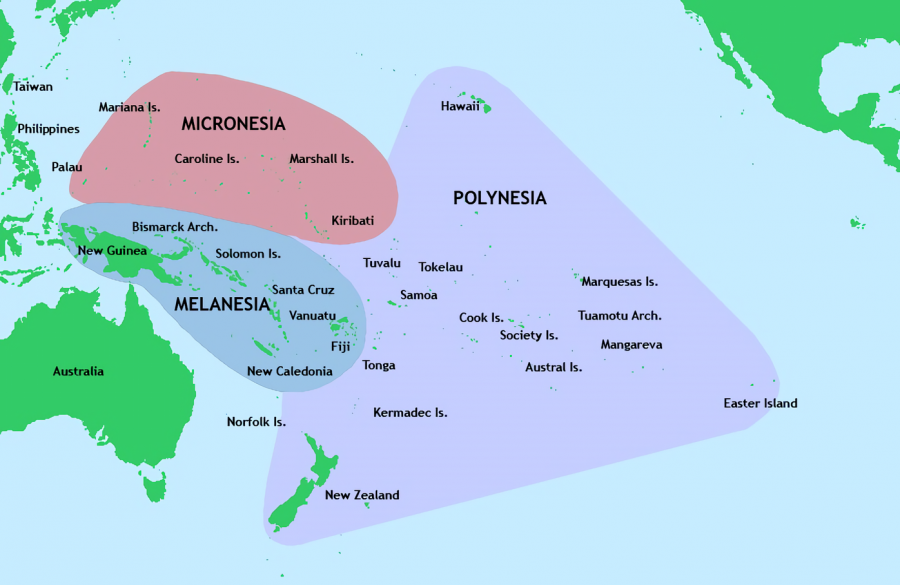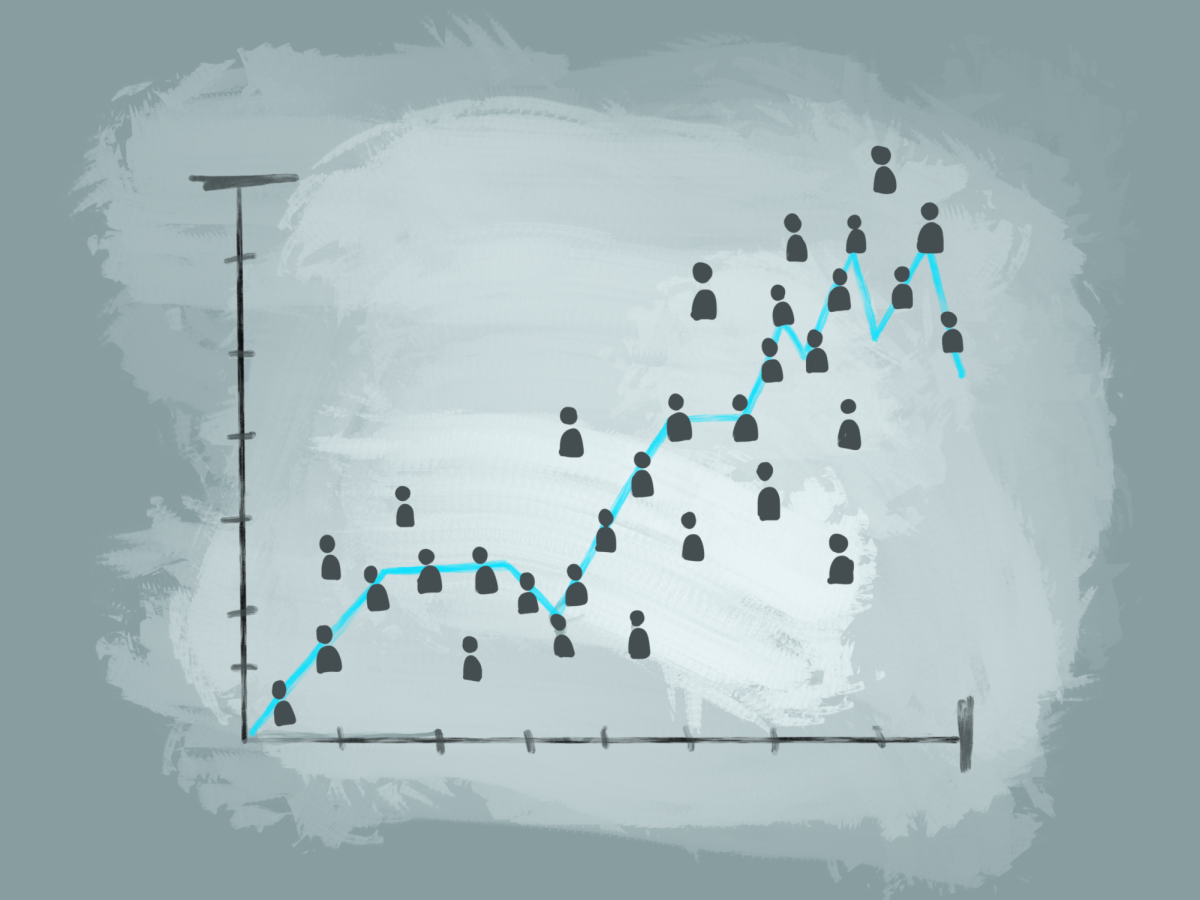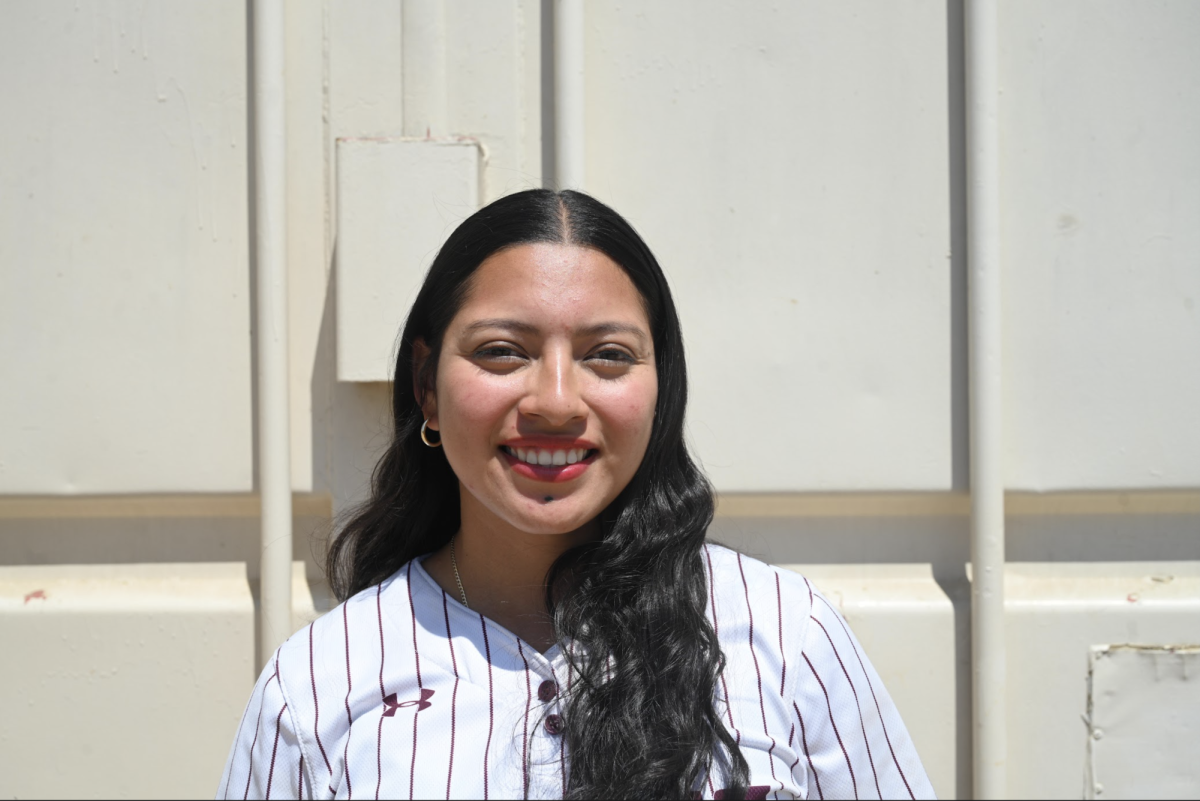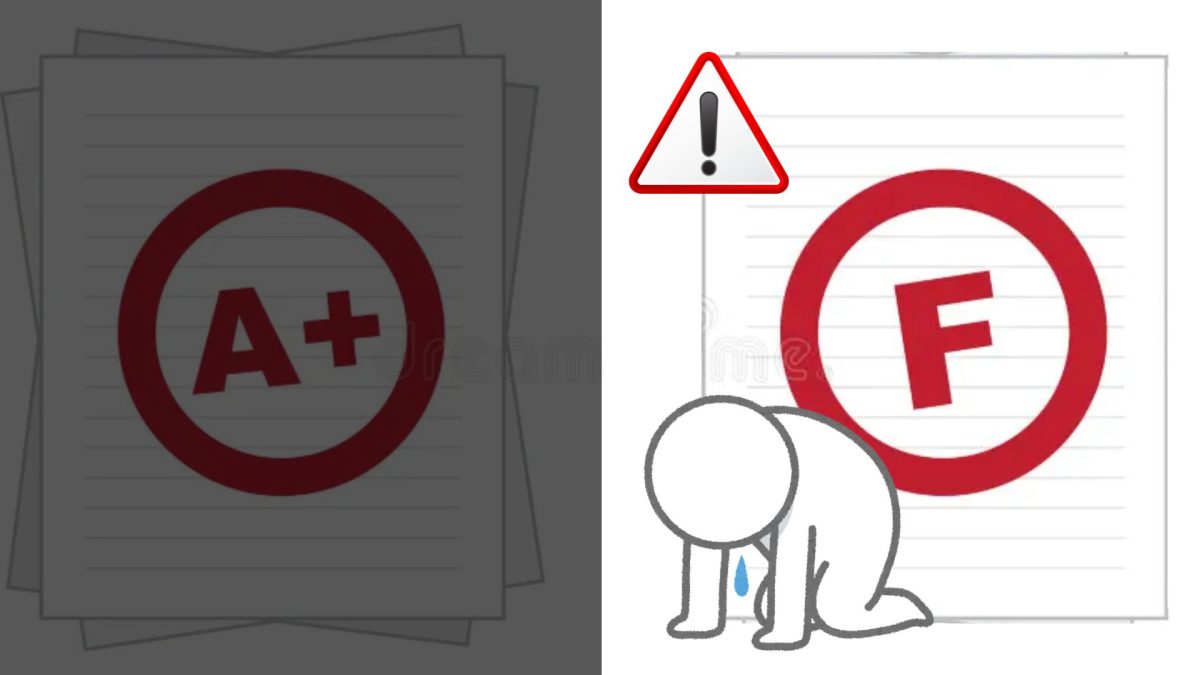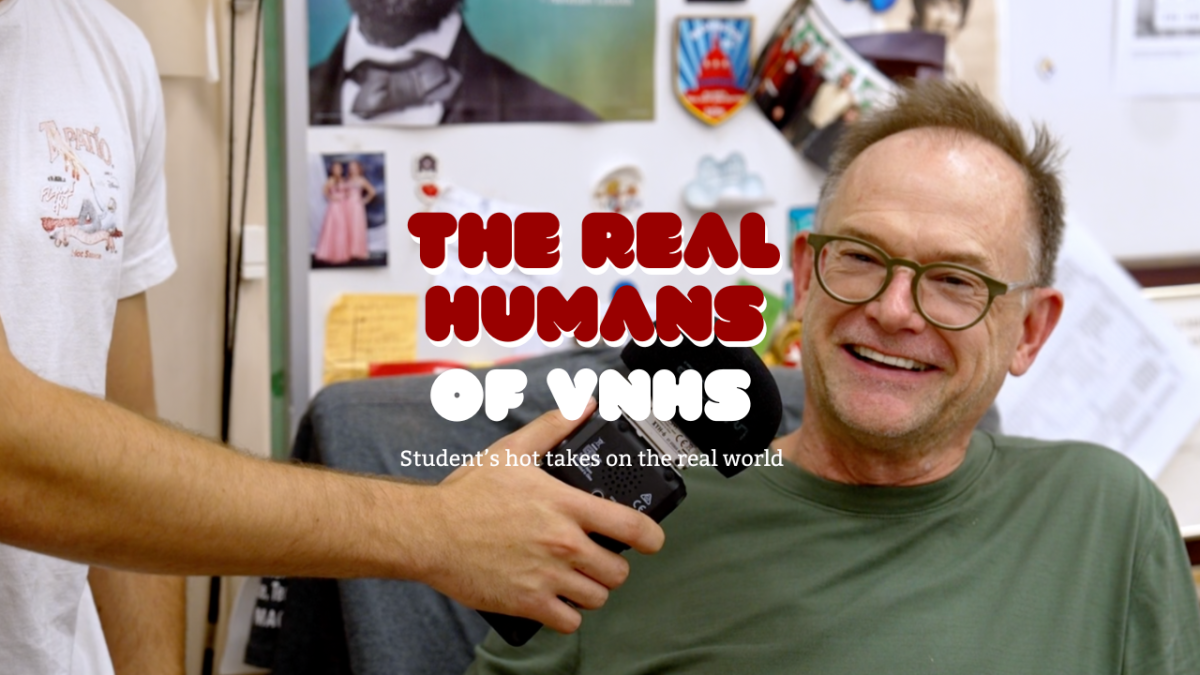How covid-19 is transforming the lives of my people
Pacific island nations like Tonga have to fight twice as hard to protect their people against covid-19.
Apr 14, 2020
It’s been nearly a month since Governor Gavin Newsom issued a statewide stay at home order. It’s been a long month of quarantine and you’re probably wishing you were on an island far off and not dealing with the pandemic.
Maybe Hawai’i or the Carribeans. Maybe even Tahiti and Fiji.
It’s common to think that these islands aren’t at risk of infection because they’re far flung and have a far less population than larger countries, so their risk of infection must not be serious, right?
Wrong.
Even the natural isolation these islands have can’t beat this pandemic.
With a population of nearly 200,000 the island of Guam has over 50 confirmed cases of covid-19.
Fiji has a total of 16 confirmed cases as of April 10 with a population of over 900,000.
But not all islands have confirmed cases of infection. Micronesia, Tuvalu, Samoa and Tonga are just a few locations that have not reported any cases of coronavirus so far.
My father visits his home-country of Tonga every year and upon arriving there in September of 2019 he is now unable to return due to flight cancellations. He says the scare is bad and compares to nothing he’s seen before.
“My people are scared of what’s going on and even worse, scared of each other. Embracing our neighbors was normal, riding the bus into town was normal, attending church mass was normal. But now that is gone and we don’t know how long it will be before we get to be normal again,” he says.
Despite having no confirmed cases of infection the Tongan Ministry of Health is still taking precautions to keep the virus at bay. On March 20 the Tongan Prime Minister Pohiva Tu’i’onetoa declared a state of emergency, banning public gatherings, encouraging social distancing and imposing restrictions on tourism, imports or immigrations and foreign aid.
The economies of pacific island nations rely heavily on the outside world and imposing such restrictions means a damaged economy.
Tourism brings small islands like Tonga billions of dollars and is the leading source of jobs. According to the annual report of 2018, tourism employment made up about 22% of the total employment. Now that tourism and cruise ships have been banned, there’s an abundant amount of lost jobs.
I recall from my visit in 2018 that aside from government-issued jobs, people found their own way to make money.
On Saturdays, the town and market square was crowded with villagers selling items. Families sold produce they had grown themselves, skilled craftspeople sold jewelry or traditional garments to tourists and villagers with overseas connections had items uncommon amongst Tongans imported. However, the ban on large gatherings leaves these individuals without a job and in a tough economic situation.
Testing for the virus in Tonga is a struggle alone. Because they have no testing kits results must be sent to other countries which is what happened with the eight suspected cases that all came back from Australia negative. The Ministry of Health says that after putting their order in for testing kits, they hope to secure it within two-weeks time.
“The health systems are so fragile, they just would not be able to cope with a major outbreak,” says Jonathan Pryke, director of the Pacific Islands Program. Pryke still holds optimism for small islands because despite having to fight twice as hard to prevent infection they are self-reliant.
“Most of the people of the Pacific are not dependent on the government. They are resilient,” Pryke says.


